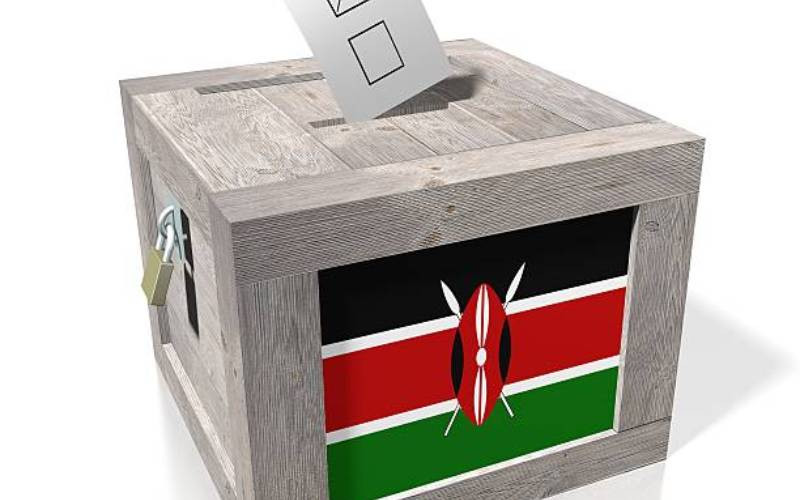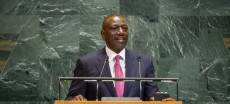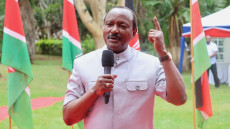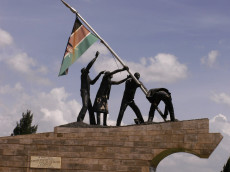- Since the 1992 elections fringe candidates have sought out their votes like any other presidential contestant
- All fringe candidates set flavour to elections as they bring new topics and areas of discussion.
In the high-stakes sprint of presidential elections, the term “horse race” is often used to describe the leading contenders and their pace toward victory. But in Kenya’s political landscape, another figure is often overlooked: a donkey.
Symbolic of fringe candidates, the donkey represents resilience, unconventional ideas, and the audacity to run against all odds. Since the reintroduction of multiparty democracy in 1992, fringe candidates have consistently appeared on the ballot. Though none have won the presidency, their presence has shaped discourse, challenged norms, and occasionally influenced outcomes.
From George Anyona and Wangari Maathai to George Wajackoyah and David Mwaure Waihiga, these candidates have brought flavor to elections, introducing fresh topics and alternative visions for Kenya’s future.
In 2022, Wajackoyah’s radical proposals—legalizing marijuana to pay off national debt, instituting a four-day work week, and exporting hyena testicles and snake venom captured the imagination of many, especially the youth.
His rallies, often held in nightclubs and bars, featured reggae music and durags, breaking political convention and humanizing leadership. David Mwaure Waihiga, meanwhile, proposed halving income tax, appealing to citizens burdened by economic strain.
Read More
In 2017, Abduba Dida, a teacher turned presidential hopeful, gained attention for his humorous critiques and moral stance, offering a refreshing contrast to the corruption often associated with mainstream politics.
Fringe candidates also play a strategic role in elections. In 2013, Uhuru Kenyatta won by a margin of 832,887 votes over Raila Odinga—votes that fringe candidates cumulatively held, helping Kenyatta avoid a runoff.
Beyond numbers, these candidates expand civic participation by addressing issues beyond ethnic and regional politics, drawing in voters who feel alienated by traditional campaigns. Yet, their journey is riddled with challenges.
Financial constraints, lack of party funding, and limited media coverage hinder their visibility and competitiveness. Journalistic principles like prominence and oddity often favor established figures, leaving fringe candidates in the shadows.
Despite these hurdles, fringe candidates continue to enrich Kenya’s democratic space. Their ideas, though sometimes dismissed, provoke thought and stir debate.
As the 2027 elections approach and new contenders emerge, Kenyans and the world watch with anticipation, wondering which donkey might once again shake the race.
For deeper insights into their role and relevance, Dr. Michael Ndonye, a political analyst and Dean School of Music and Media at Kabarak University, explores their impact in the Political Oracle segment of the TalkChat Podcast.












